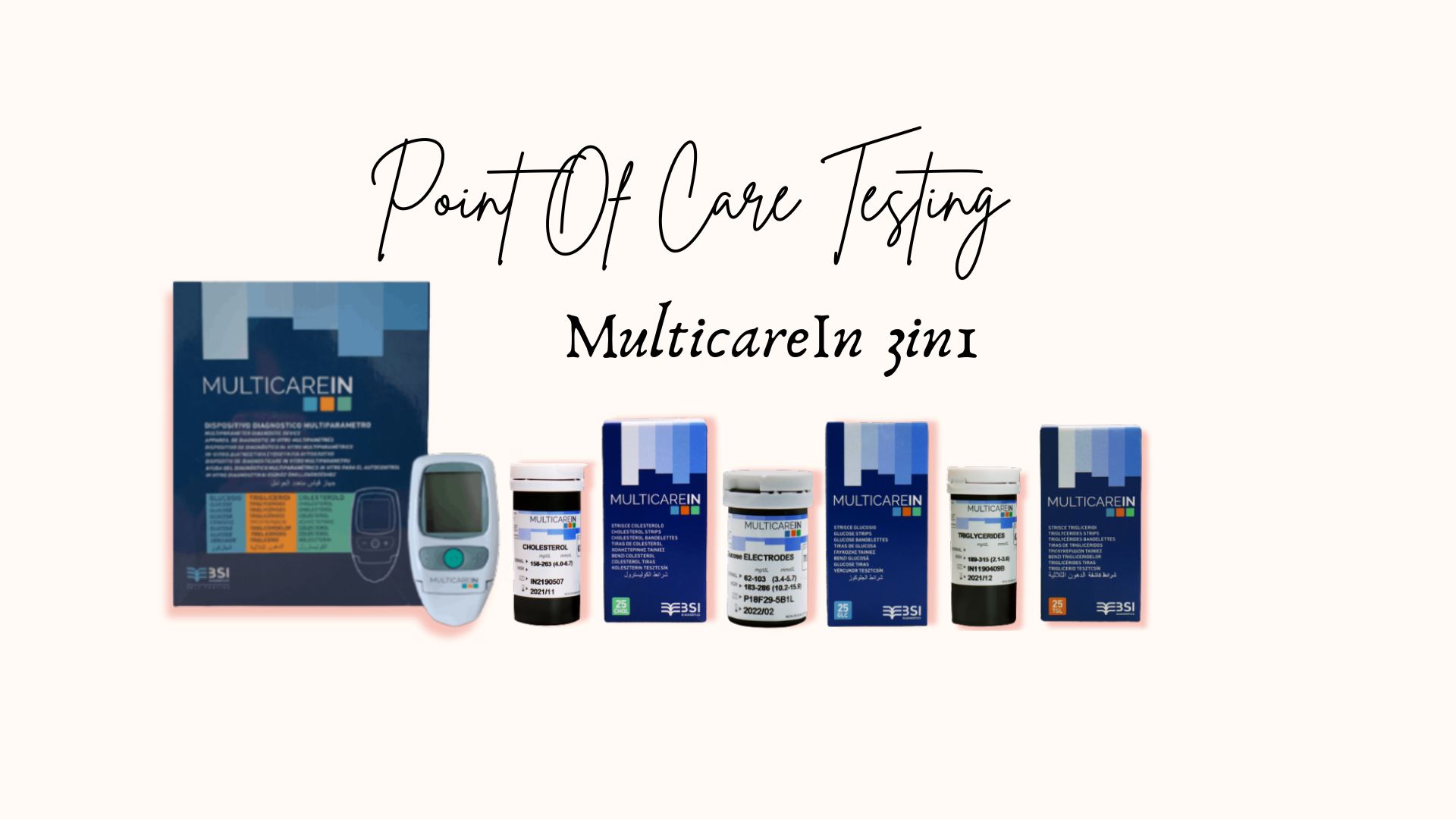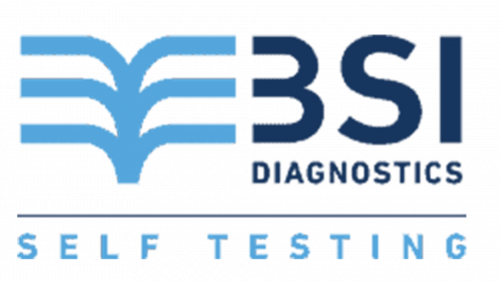Stroke is often called a “silent killer” because it can strike suddenly without any clear early symptoms. According to the World Health Organization (WHO), stroke is one of the leading causes of death and disability worldwide, including in Indonesia. One of its main triggers is a disturbance in the body’s fat metabolism—particularly high cholesterol and uncontrolled triglyceride levels.
Unfortunately, many people still do not understand the difference between cholesterol and triglycerides. In fact, both play different roles in the body, and both can pose serious threats to blood vessel and brain health.
A. Cholesterol
Cholesterol is a fatty substance naturally produced by the liver and also obtained from animal-based foods such as egg yolks, fatty meats, and cheese. Cholesterol is divided into:
- LDL (Low-Density Lipoprotein) → known as “bad cholesterol”, because it can build up on artery walls and cause blockages.
- HDL (High-Density Lipoprotein) → known as “good cholesterol”, because it helps remove bad cholesterol from the blood.
➡ High cholesterol (especially LDL) can lead to the narrowing of blood vessels (atherosclerosis), increasing the risk of heart attack and stroke.
B. Triglycerides
Triglycerides are the main form of fat in the body, stored from excess calories—particularly from sugar and refined carbohydrates. When the body doesn’t burn all the calories consumed, the rest is converted into triglycerides.
➡ High triglyceride levels can trigger blood vessel inflammation, reduce HDL levels, and increase the risk of stroke and heart disease.
Why Can Both Cause Stroke?
- Narrowing and hardening of blood vessels
High cholesterol and triglycerides accelerate the process of atherosclerosis—the buildup of plaque on artery walls. - Interrupted blood flow to the brain
When the blood supply to the brain is blocked or a vessel ruptures, a stroke occurs. - No obvious symptoms
High cholesterol and triglycerides usually do not cause any symptoms. Many people only realize it after experiencing a stroke or heart attack.
Understand the Difference Between Cholesterol and Triglycerides to Prevent Stroke Early
Although both are classified as blood lipids, cholesterol and triglycerides have different functions and effects on health.
- Cholesterol plays an important role in the formation of hormones, vitamin D, and cell membranes. However, high LDL levels can cause plaque buildup in the arteries.
- Triglycerides, on the other hand, are the body’s main energy reserve, formed from excess calories. When levels are too high, triglycerides can trigger inflammation and damage to blood vessels, worsening the effects of bad cholesterol.
In other words, high cholesterol tends to block blood flow, while high triglycerides accelerate vessel damage and inflammation. The combination of both significantly increases the risk of stroke.
Therefore, maintaining balanced cholesterol and triglyceride levels is not just about diet—it’s about adopting an overall healthy lifestyle: regular exercise, controlled intake of fats and sugars, and routine monitoring.
For early detection and home monitoring, you can use MulticareIn Meter which is a Point of Care Testing product from Italy, a practical solution to measure:
✅ Total Cholesterol
✅ Triglycerides
✅ Blood Glucose

Advantages of MulticareIn Meter
- 3-in-1 Device: One tool for three essential parameters (cholesterol, triglycerides, glucose).
- Requires only 5–10 µL of blood sample.
- Equipped with a test strip ejector.
- Easy to use.
- Economical and suitable for seniors and families: Regular home checks are more affordable use MulticareIn Meter than routine lab tests, making it ideal for monitoring family members at risk.
References
- World Health Organization (WHO). (2023). Stroke: Key Facts.
- Ministry of Health of the Republic of Indonesia. (2022). Indonesia Health Profile 2022: Non-Communicable Diseases – Stroke and Heart Disease. Jakarta: MoH RI.
- American Heart Association (AHA). (2023). Cholesterol and Triglycerides: Understanding the Difference.
- Centers for Disease Control and Prevention (CDC). (2023). High Cholesterol Facts.
- National Library of Medicine (NIH). (2022). Triglycerides and Cardiovascular Disease: The Role of Lipid Metabolism in Stroke Risk. Journal of the American College of Cardiology (JACC).
- World Stroke Organization (WSO). (2023). Global Stroke Fact Sheet 2023.
- National Agency of Drug and Food Control, Republic of Indonesia (BPOM RI). (2021). Guidelines for the Supervision of Supplements and Medical Devices for the Prevention of Non-Communicable Diseases.
- Ference, B. A., et al. (2017). Low-density lipoproteins cause atherosclerotic cardiovascular disease: Evidence from genetic, epidemiologic, and clinical studies. European Heart Journal, 38(32), 2459–2472.







